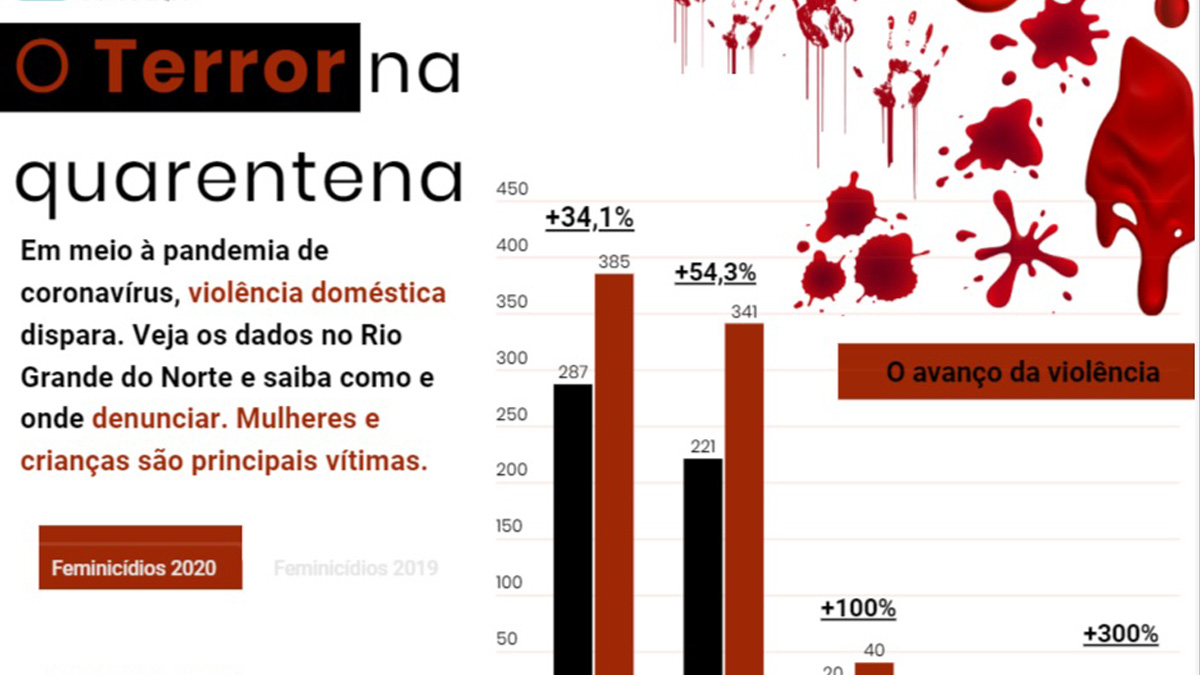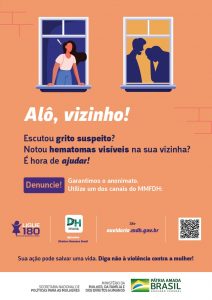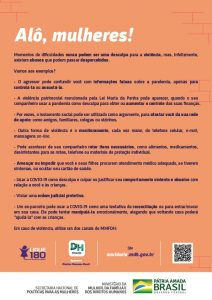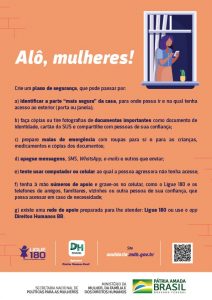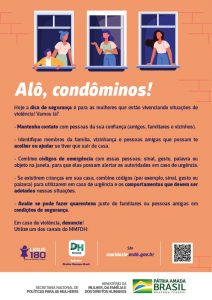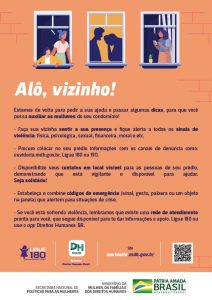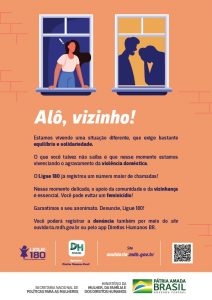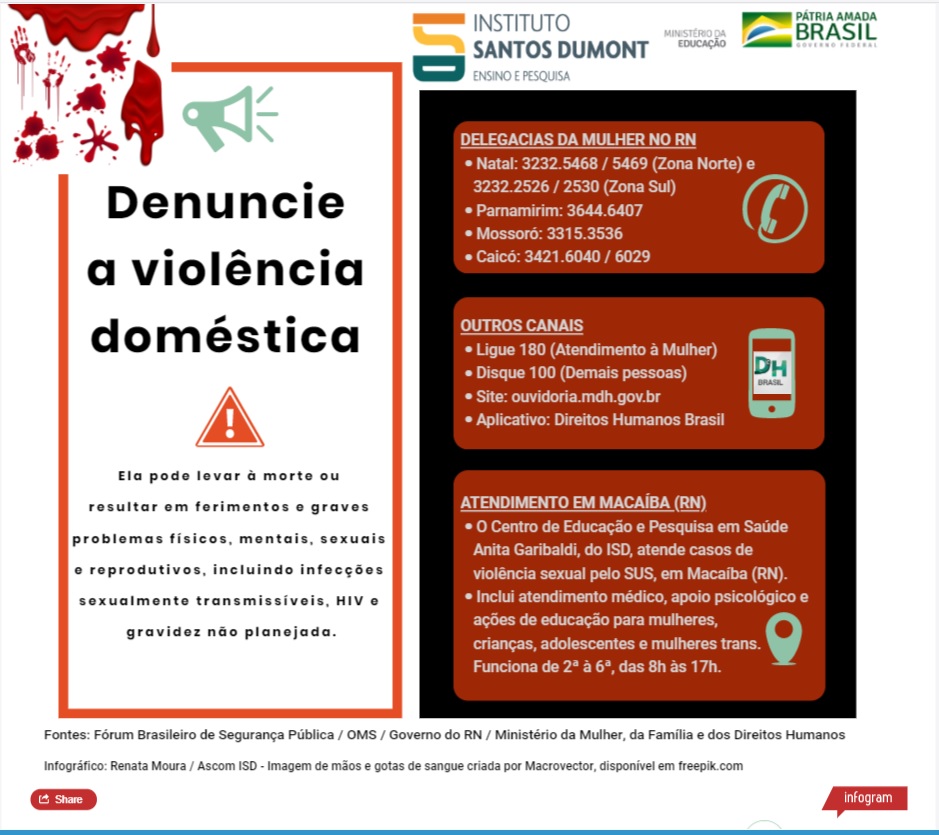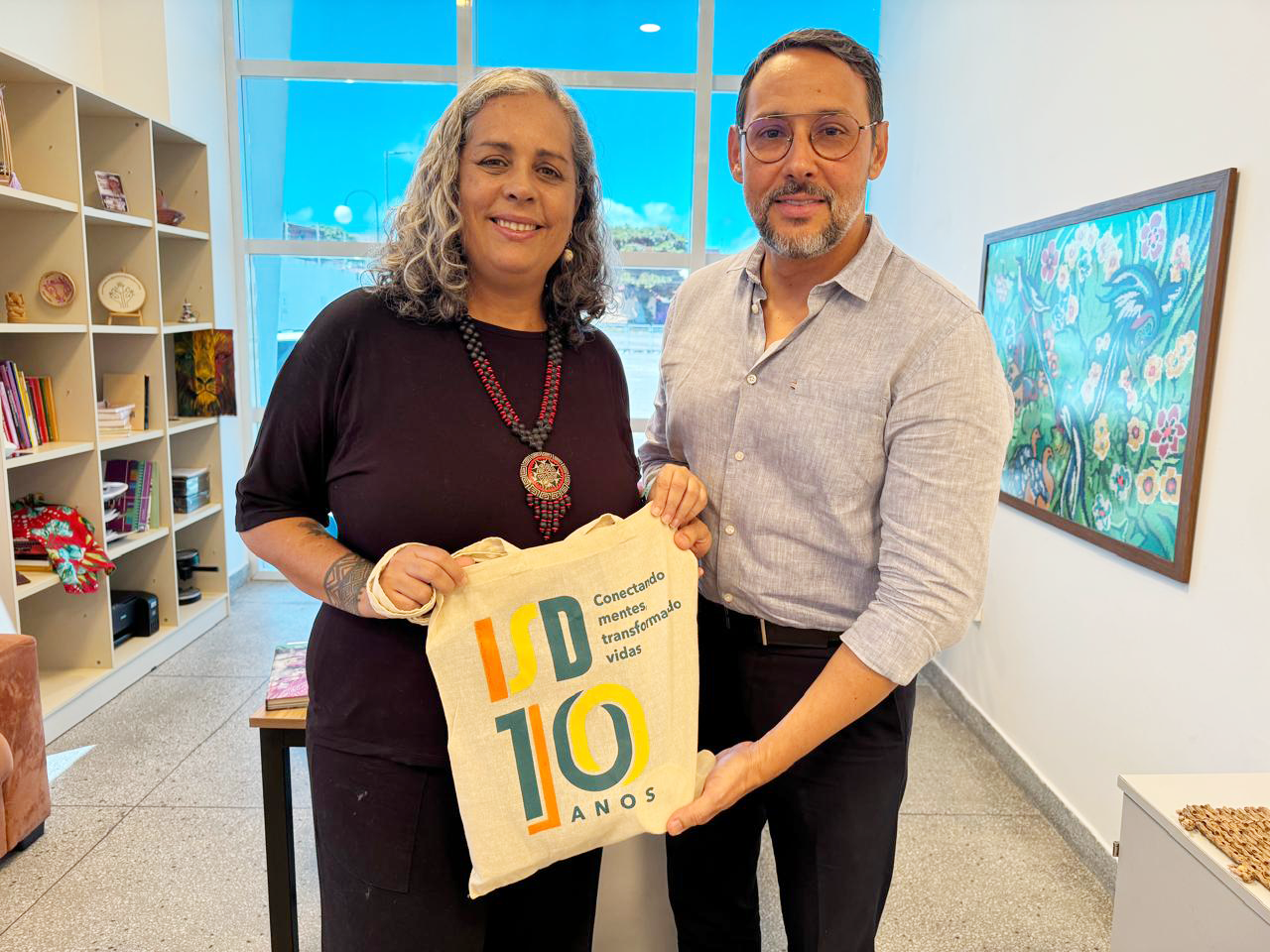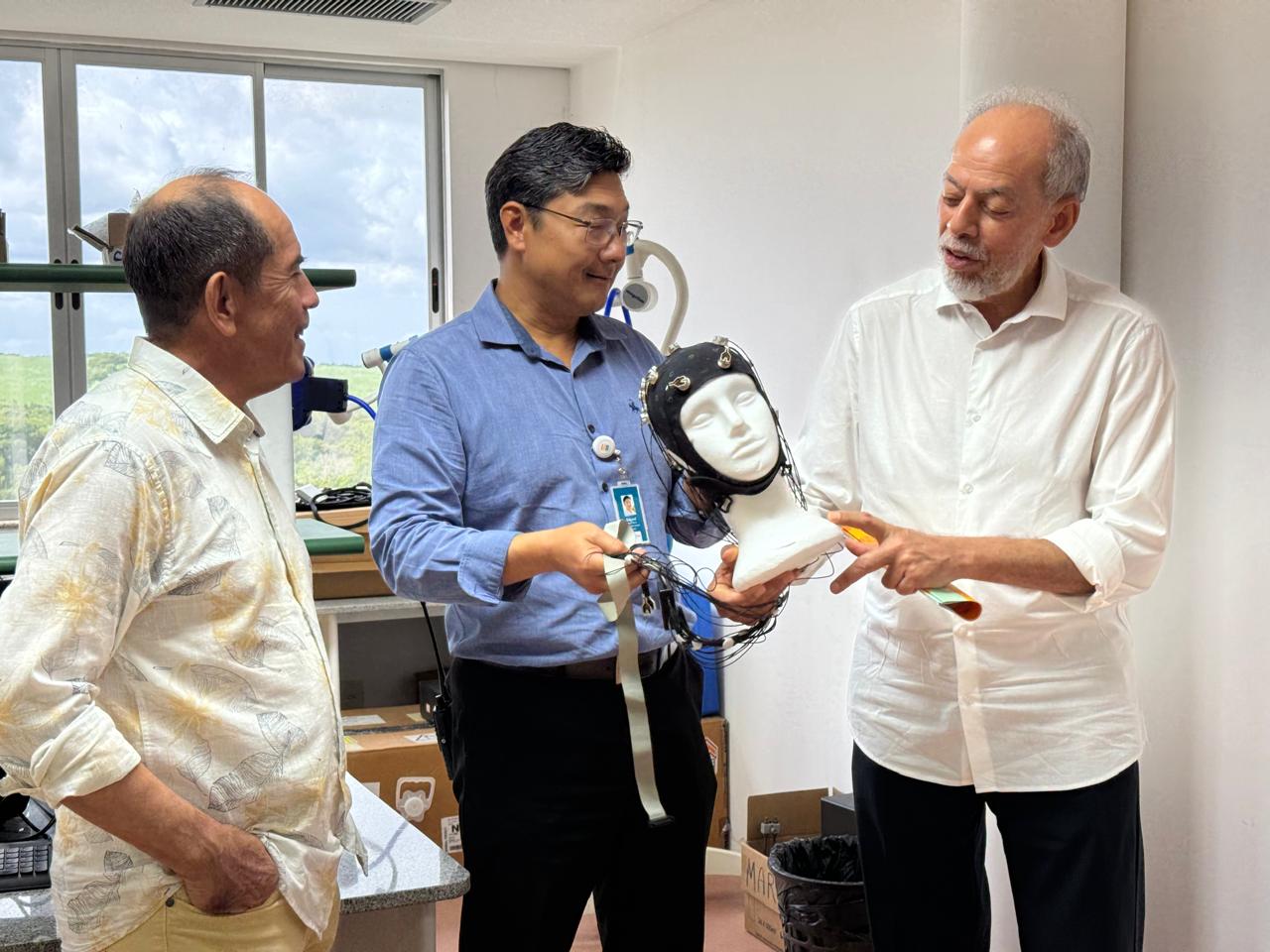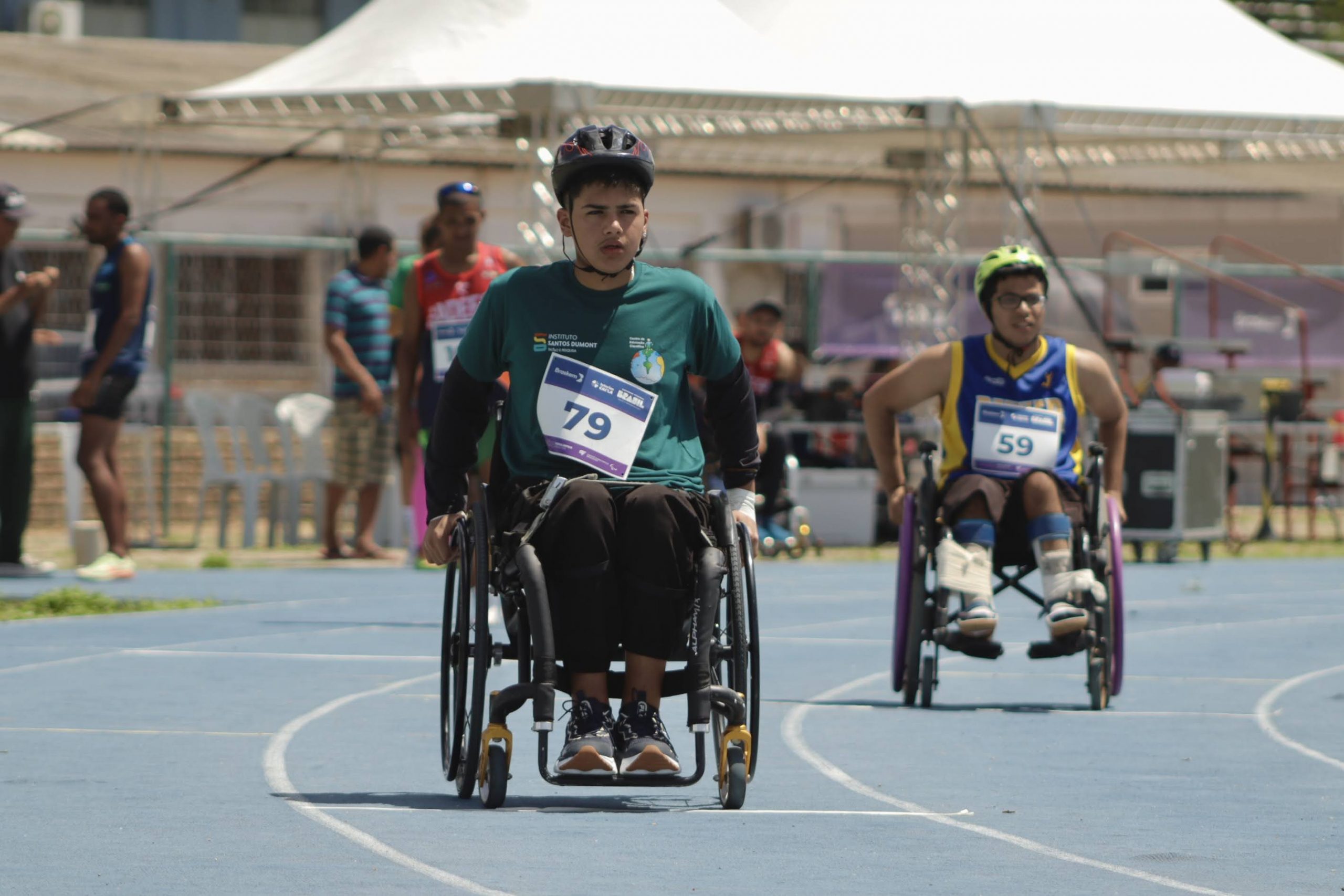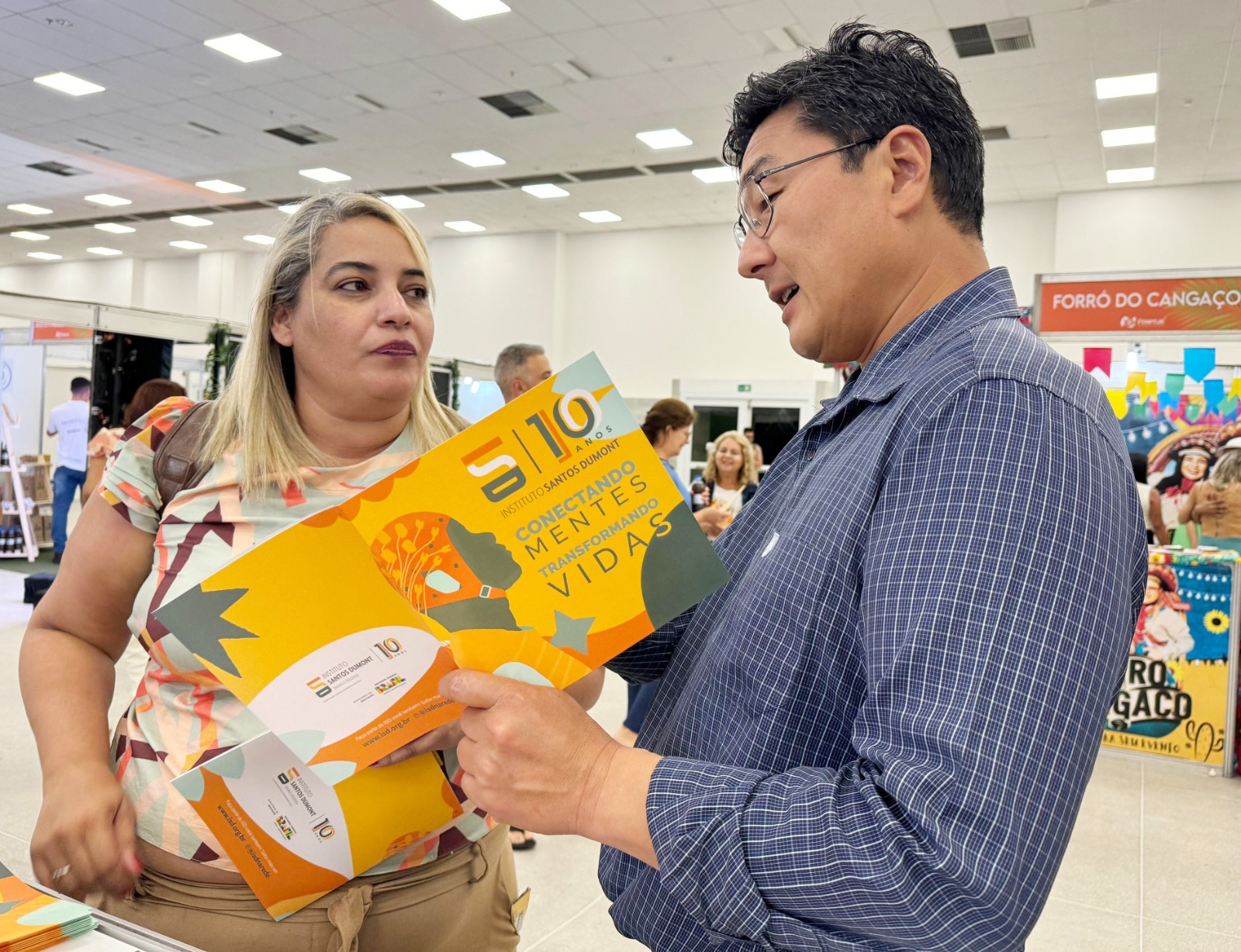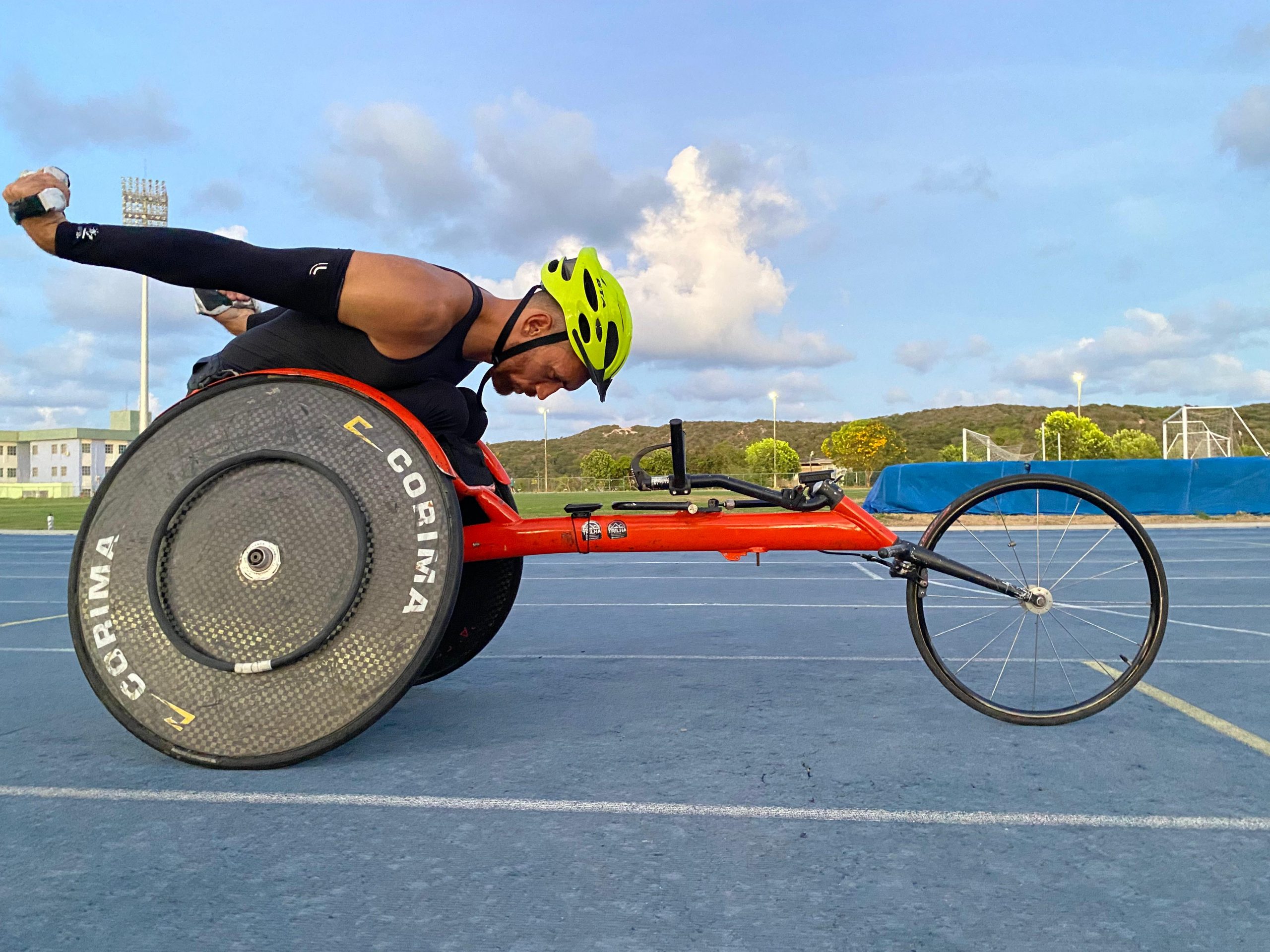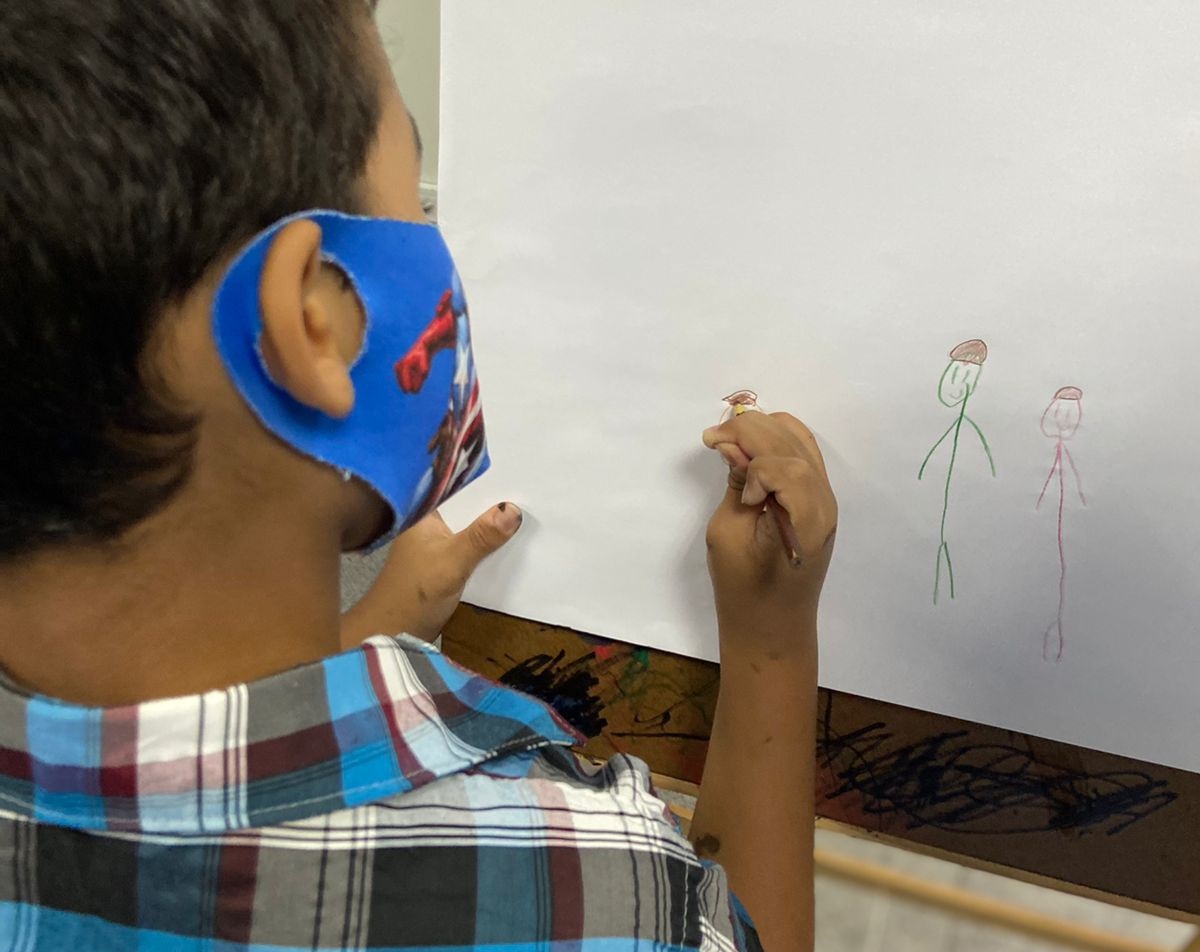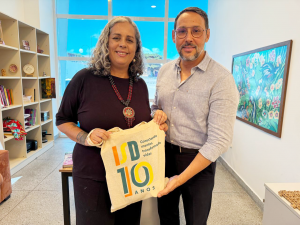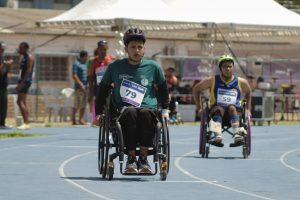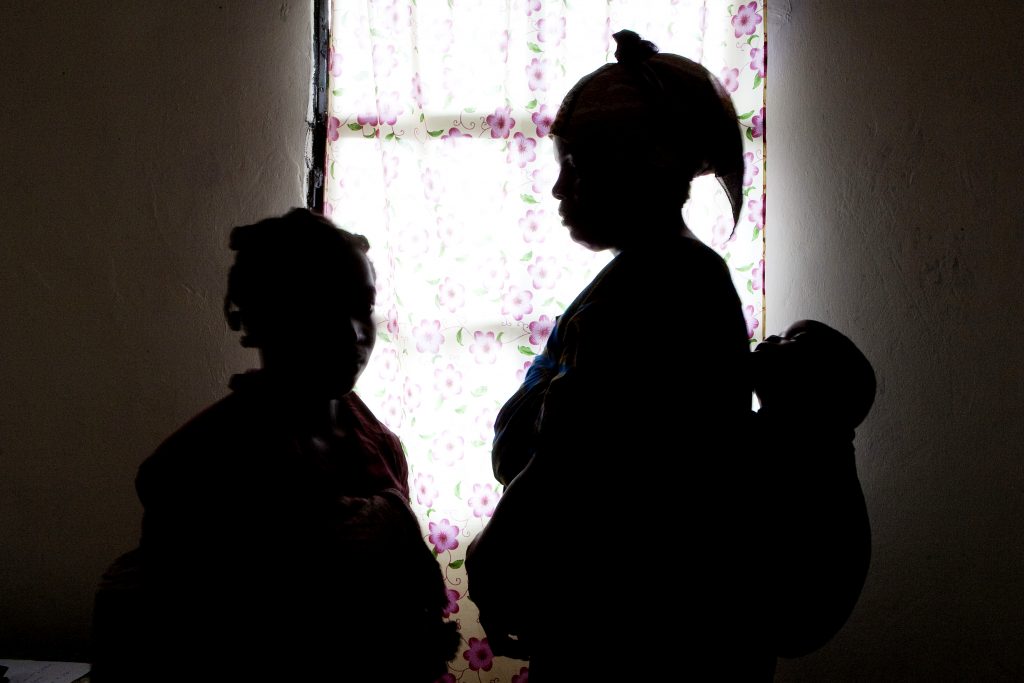
14 km from Natal, capital of Rio Grande do Norte, the chapter of the horror series took place indoors.
The city is Macaíba. And the characters in this dramatic – and real – story are a child under 10 years old and his father.
She: raped. Him: the prime suspect.
The Covid-19 pandemic, the new coronavirus, brought more than restrictions and fear of the disease.
In an uncountable number of houses and apartments where abusive relationships prevail, the proposed isolation to avoid contagion of the virus paved the way for the advance of an old acquaintance, especially of children and women: domestic violence.
Newly released data show that rapes, assaults and murders involving the two groups have skyrocketed or tend to increase in quarantine – and organizations in the areas of security, health, and human rights, such as the World Health Organization, UN Women and Instituto Santos Dumont (ISD), warn of the possibility of other abuses as well, drawing attention to the need for prevention, confrontation and denouncement actions not only in the state, but in the world.
Where to report violence
Nationally, the Ministry of Women, Family and Human Rights launched a campaign to encourage neighborhoods to be aware of possible signs of physical, psychological, sexual, moral and financial violence, common to these victims.
Reports of suspicious screams and visible bruises are encouraged. Forms of abuse such as spreading false information about the coronavirus at home – with the aim of scaring and controlling the family – restricting access to basic disease prevention products, such as soap for washing hands or masks, withholding food and medication, preventing access to the doctor in cases of symptoms of the disease or using the coronavirus as an excuse to remove the support network should also be on the radar.
Another important step for those who “seen from the outside” is to keep contacts in visible places for the potential victim to call or write if necessary – and combine “emergency codes” with her, such as signs, gestures, words or objects in the window that alert her to possible incidents. dangers.
(Click below to see the campaign folders)
online complaints
Complaints can be made by telephone, Call 180 (Women's Service Center) and Dial 100 (Other people), through the website Ouvidoria.mdh.gov.br or the Human Rights Brazil application, which can be downloaded for free on your cell phone.
In the application, it is possible to include text, photos, videos and documents related to the complaint. An attendant receives the complaint and promises to forward it within 24 hours – with complete secrecy – to one or more bodies of the National Integrated Human Rights System, which includes the Judiciary, Public Ministry, Public Security, Tutelary Councils and the host network bodies . A complaint protocol number is generated and with it it is possible to follow the progress of the case by calling free of charge Call 180 or Dial 100. To use the application, you need to register, with name, CPF, email and password.
Violence in the RN
In Rio Grande do Norte, the state government also campaigns to encourage “isolation without violence” and disseminates the telephone numbers of specialized police stations for complaints and assistance to women in Natal, Parnamirim, Mossoró and Caicó (See in image below).
A survey recently released by the Brazilian Public Security Forum helps to show the scenario in the state – the only one, among 6 analyzed, where all official records related to violence against women have increased.
Only in March, when social isolation measures such as the suspension of classes and restrictions on the operation of commerce began to be enacted, Rio Grande do Norte recorded 34.1% more cases of bodily injury with female victims, 54.3% more threats against them and double the number of rapes, compared to the same period last year. The case cited at the beginning of the report – which will not be detailed to preserve the child – is not among them, just as possible others are not computed in official statistics.
The data were released last week and only consider cases that reached the police, revealing hundreds of victims of attacks - among them 7 women murdered in crimes considered homicides and 4 in feminicides, as homicides are framed by law in Brazil when the victim is women and involve “domestic and family violence” and/or “belittlement or discrimination” for being female.
“Although quarantine is the safest, necessary and most effective measure to minimize the direct effects of Covid-19”, the Forum warns that “without a safe place, thousands of women are being forced to stay longer at home with the aggressor, often in precarious housing, with their children and seeing their income reduced”. The analysis considers the survey in general and not just the situation in Rio Grande do Norte.
São Paulo, Acre, Rio Grande do Sul, Mato Grosso and Pará were also portrayed and, unlike RN, registered a decrease in the related police reports.
Without ruling out the possibility of underreporting also in the RN, the Forum explains that the movement of the state's numbers may have clashed because the others decreed quarantine before.
In addition to the increase in cases of violence, the drop in complaints is a direct consequence of the current scenario, according to the Forum, “since, due to isolation, many women have not been able to leave their homes to do so or are afraid to do so. them by the approach of the partner”.
underreporting
In Macaíba – where reports of domestic violence increased by 175% in March, compared to February, according to data from the Coordination of Statistical Information and Criminal Analysis published by Tribuna do Norte – the risk of underreporting is also a concern.
“The fact that more cases are not appearing now does not mean that they are not occurring”, stresses the director general of the Santos Dumont Institute, Reginaldo Freitas Junior.
"In our understanding, limiting these people's access to services in this quarantine period may be resulting in underreporting and this is worrying".
The Santos Dumont Institute is a Social Organization funded by the Ministry of Education and since 2016 it has been offering medical services (gynecologist, pediatrician, infectologist), psychologist, nurse, social worker, physiotherapist and occupational therapist to children, adolescents, women and transgender women who are victims of sexual violence in the city.
The service – called Making Rights – is exclusive to the Unified Health System (SUS) and promotes awareness actions on different forms of violence, health education and empowerment in relation to sexual and reproductive rights.
The average of cases received in the offices reaches three monthly, but this year it has decreased. Almost 70% of the patients are girls younger than 10 years old.
“Making Rights is about health education. It is also a stimulus to the complaint, to the police report, to the process, but it is not linked to the complaint, to the victims who reported it”, explains Freitas Júnior.
The service was – along with high-risk pediatrics and obstetrics – the only face-to-face service maintained by the Anita Garibaldi Center for Health Education and Research, of the ISD, during the period of isolation decreed to prevent the new coronavirus.
The service continues to operate and is available to assist victims.
where the danger lives
In an article published at the beginning of the month highlighting that the problem – global – cannot be ignored, the World Health Organization (WHO) calculates: in the world, 1 in 3 women have already been victims of physical and / or sexual violence practiced by someone close to them”. And he goes further: “These records tend to increase in periods of emergency, including epidemics”.
The article warns that women in abusive relationships and their children are more vulnerable as, for example, they are more isolated from possible protection networks at that time and spend more time at home with the eventual aggressor. The house, according to studies and public safety authorities, is the scene of most aggressions, abuses and cases of femicide.
It is also in the midst of this scenario, with extra levels of stress and possible economic or job losses resulting from the pandemic, that many women may find themselves economically dependent and vulnerable to their partners. UN Women notes that separation from an abusive partner can be more difficult in this scenario. It can also increase the risk of sexual exploitation.
Contact with family members, friends and institutions that could provide support and protection may also become more restricted, opening the way for the abuser to act more easily.
Among other recommendations, authorities point out the need for governments and public policy makers to include services to combat violence against women in the response strategies to the Covid-19 pandemic, and to identify ways to make them accessible in this context in which they are stimulated. distancing measures between people.
Health facilities are also encouraged to provide information about services available locally, including, for example, emergency numbers, helplines and shelters with hours of operation, contact details and the services that can be offered remotely.
Text: Renata Moura / Ascom – ISD
Infographic: Renata Moura / Ascom – ISD
Photograph: UN Photo/Marie Frechon
Communication Office
comunicacao@isd.org.br
(84) 99416-1880
Santos Dumont Institute (ISD)
Social organization that maintains ties with the Ministry of Education (MEC) and whose mission is to promote education for life, forming citizens through integrated teaching, research and extension actions and to contribute to a fairer and more humane transformation of the Brazilian social reality.

